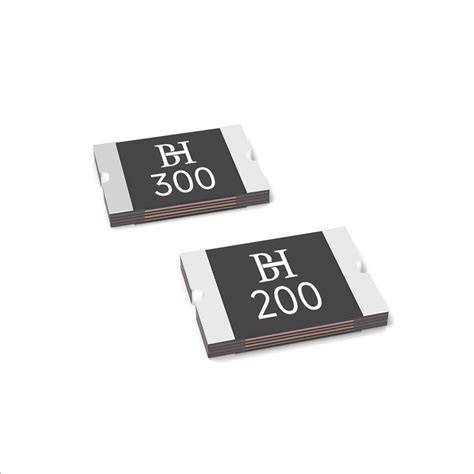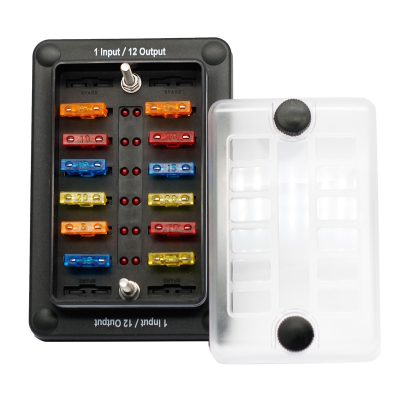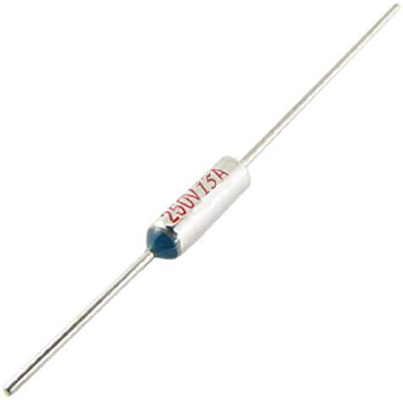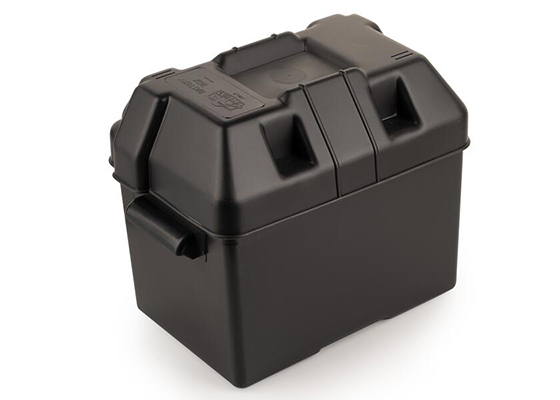fuse for automotive horn circuits ensuring reliable sound output
News 2025-10-24
In modern vehicles, the automotive horn is essential for safety, providing audible warnings to prevent accidents. Fuses serve as critical protectors in horn circuits, safeguarding against electrical overloads that could disrupt sound output or cause damage. By interrupting excessive current flow during faults like short circuits, fuses maintain the horn’s reliability, ensuring clear and consistent alerts in various driving conditions. This protection is vital not only for standard cars but also for specialized vehicles where horn usage is frequent, such as taxis or emergency response units.

Application in Automotive Systems
Fuses are integral to horn circuits across different vehicle types, including sedans, SUVs, and commercial trucks. They are typically placed in the fuse box or directly inline with the horn wiring to handle current demands, often rated between 10 to 30 amps depending on the horn’s power. In scenarios like heavy traffic or industrial settings, these fuses prevent failures during prolonged use, while in electric vehicles, they protect sensitive electronics from voltage spikes. This setup enhances overall system durability, allowing horns to function effectively without compromising vehicle integrity.
Key Performance Benefits
Automotive horn fuses deliver superior protection through rapid response times and robust construction. Designed with materials that endure high temperatures and vibrations, they minimize the risk of false tripping or delayed activation. Their precise current ratings optimize energy flow, preserving the horn’s acoustic performance and extending component lifespan. By adhering to automotive standards, these fuses reduce maintenance needs and improve safety, making them indispensable for ensuring dependable sound output in critical situations.
Frequently Asked Questions
1. What is the primary function of a fuse in a horn circuit?
Answer: It protects the circuit by breaking the current flow during overcurrent events, preventing damage and ensuring the horn operates reliably.
2. How does fuse rating impact horn performance?
Answer: A correctly rated fuse allows normal operation while quickly interrupting faults, avoiding issues like weak sound or circuit burnout.
3. Are there specific fuse types recommended for automotive horns?
Answer: Blade-type fuses, such as mini or standard ATC fuses, are commonly used due to their compact size, ease of replacement, and reliable performance in automotive environments.


